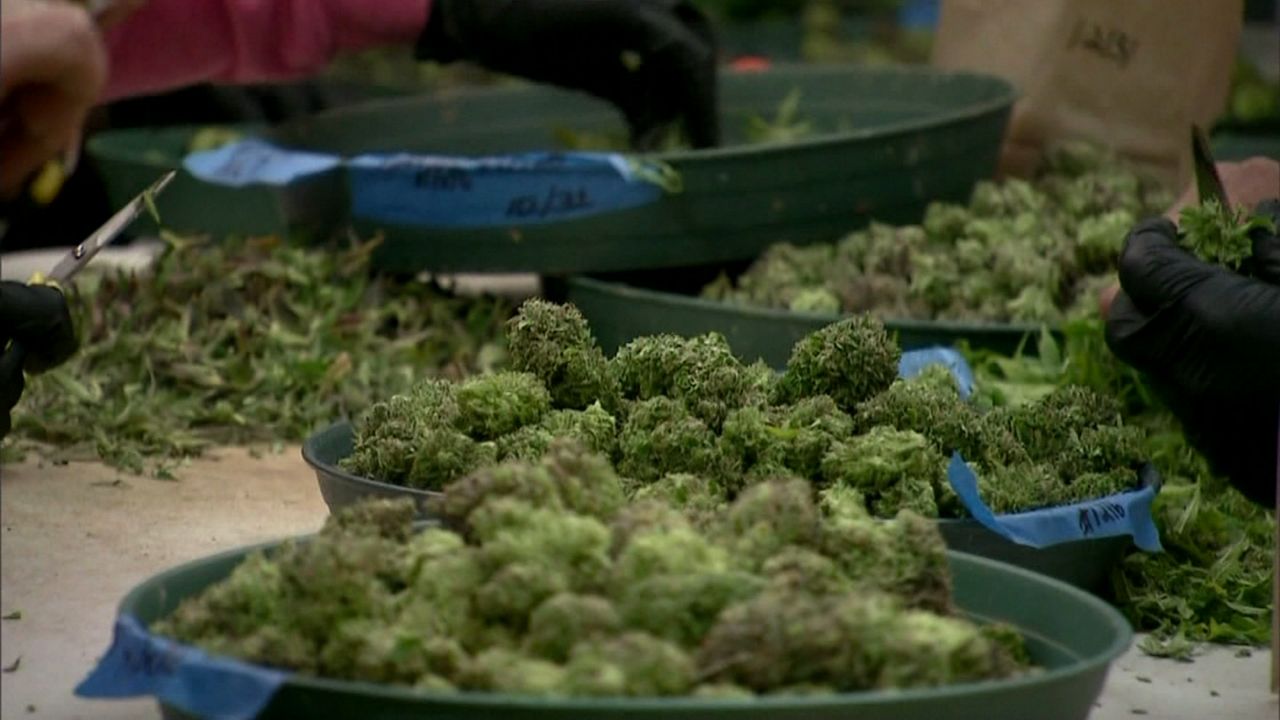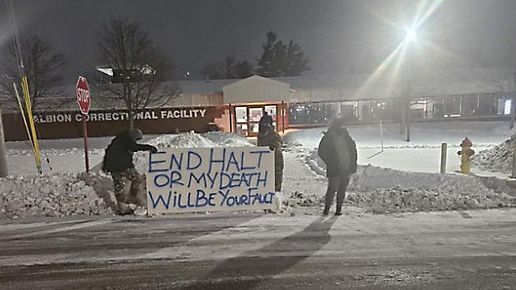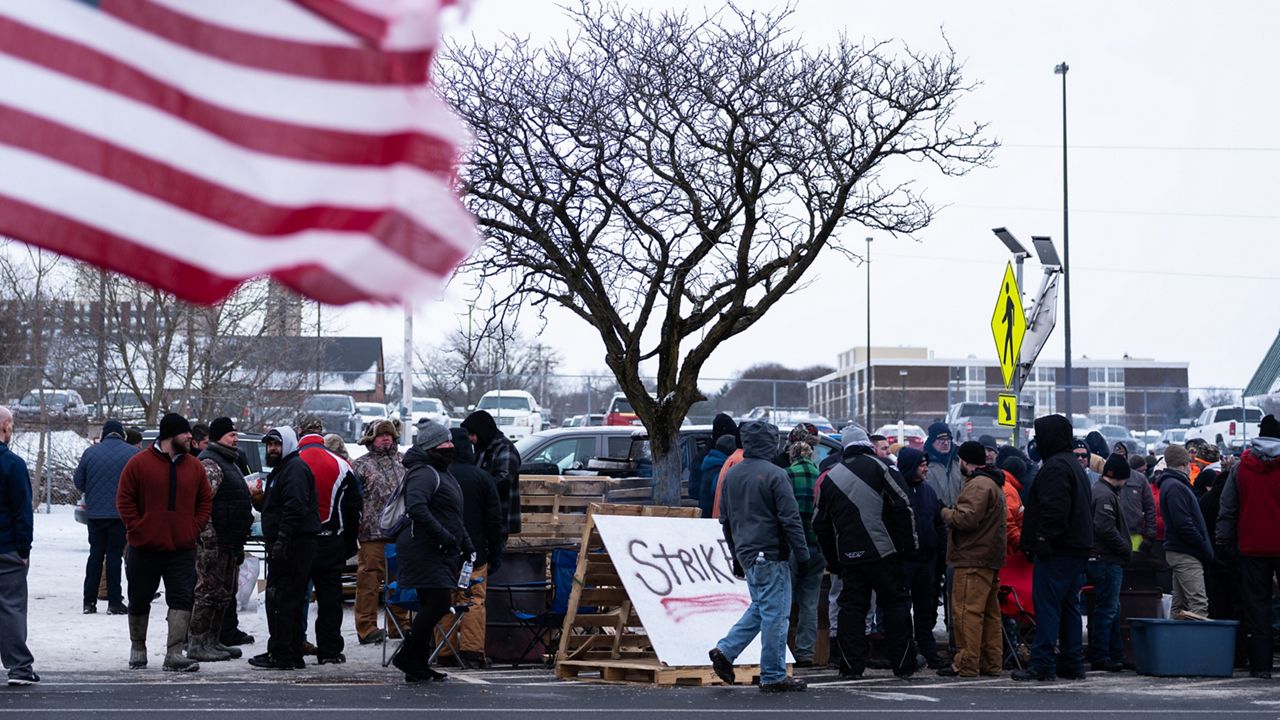Supporters of marijuana legalization are hopeful this the year for the measure.
But many of the roadblocks the proposal ran into in 2019 remain largely the same in 2020.
"We are still trying to get the agreements that will be necessary," said Senate Majority Leader Andrea Stewart-Cousins on Tuesday. "This is as good a prospect as last year. We'll see if we can talk through some of the issues."
There are a lot of nuances with legalizing cannabis products for retail sale in New York. How should it to be taxed? How competitive with other states should that tax be?
How should that tax revenue benefit communities affected by harsh drug laws? What about substance abuse and traffic safety?
What would this mean for the medical cannabis industry? Should their sites be co-located with retail stores?
Each one of those questions spawns another question over percentage of revenue, law enforcement concerns and additionally complex issues lawmakers must grapple with over the coming weeks.
And it is still very early in the process of a legislative session that's ending in early June.
"I think the conversation around what the amount is and how the communities that receive the revenues is very much part of the discussion," Stewart-Cousins said.
Stewart-Cousins told reporters Tuesday afternoon the legislature will "learn from what other states have done and make sure we have a very, very good law."
But other states, as far as lawmakers have been concerned, have provided cautionary tales, like the rollout in Colorado.
A Siena College poll this month found a majority of New Yorkers, by a 20-percentage point margin, back marijuana legalization. Voters in suburban communities, however, remain split.
And it's easy to draw a line, as some lawmakers have privately, from the controversy over the cash bail law to the marijuana debate.
Still, minds can be changed: Democratic Sen. Peter Harckham backed the law last week on the condition more funding would be directed to substance abuse services and an education campaign.
But, bill sponsor Sen. Liz Krueger acknowledged, there's still more work to do.








_DNT_911_Air_Quality_Investigation_CLEAN_130267847_2447)